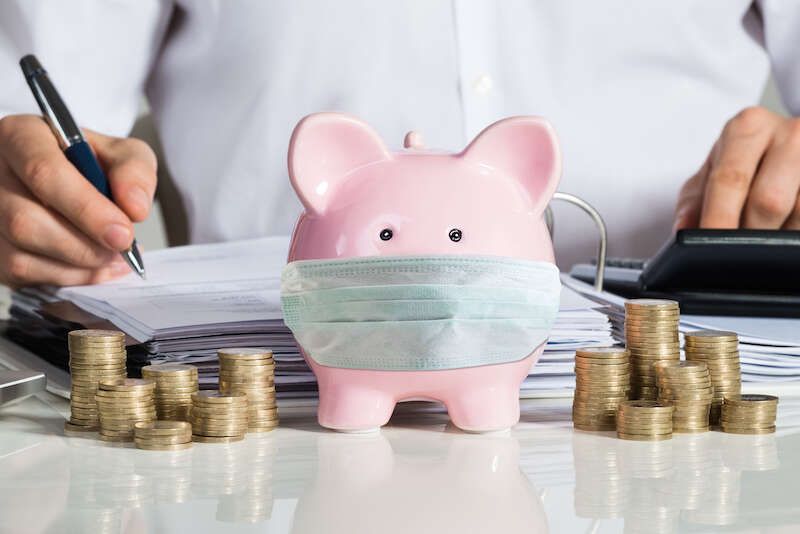21
May 2021
Britons Reluctant to Spend £180bn Pandemic Hoard
With holidays cancelled, commutes suspended and nights out swapped for Netflix, some households have had extra cash on hand during the pandemic. Many piled that money into savings, but now they’re reluctant to splash out as life inches back to normal.
Figures from the Bank of England reveal that households have saved an extra £180 billion since the start of the pandemic. But a survey commissioned by Nationwide Building Society suggests that many won’t be tapping into those savings pots even as the summer offers the promise of resumed travel, pub nights and in-person shopping.
More than half the consumers polled said they’re spending or considering spending less as a result of the pandemic. Four in 10 are taking advantage of their reduced outgoings to save more money, piling it into savings accounts and ISAs despite rock-bottom interest rates.
With restrictions finally easing, some have predicted a summer of hedonism and lavish spending, a latter-day Roaring Twenties. The Bank of England is forecasting 7.25% growth for this British economy this year, the best year of growth since 1941. But that growth will largely be driven by pent-up demand, not extravagant spending, as jittery Brits brace themselves for more upheaval.
Despite their savings hoard, three-quarters of respondents said they want to put even more money aside to insulate their family from future risk and uncertainty.
And the frugal habits many adopted during the pandemic may be continued even as the reopened economy offers more opportunities for spending. For the first time in 22 years, more people shun the ‘live for today’ mantra than embrace it, Nationwide’s survey found.
The pandemic has also changed the way we define financial wellness. Today, 51% of respondents define their financial well-being as having a safety net. Just 20% assess their financial wellbeing by their ability to spend.
Joe Garner, chief executive of Nationwide, said: “The pandemic has acted as a reset button to a long-term culture of consumer hedonism. Lockdown has had a reversing effect on how we see our money—from a means to spend to a means of protecting ourselves against uncertainty and focussing on what’s important.”
But Nationwide noted that while some have seen a windfall as a result of the pandemic, other households are struggling more than ever, facing a year of lost or reduced income. This has raised the risk of a “K-shaped economic recovery,” in which affluent and struggling households diverge more than ever due to the disproportionate impact of the pandemic.
“We must protect those who are struggling financially, as they have been disproportionately impacted by the pandemic and we cannot let them slip through the net,” Garner said.





